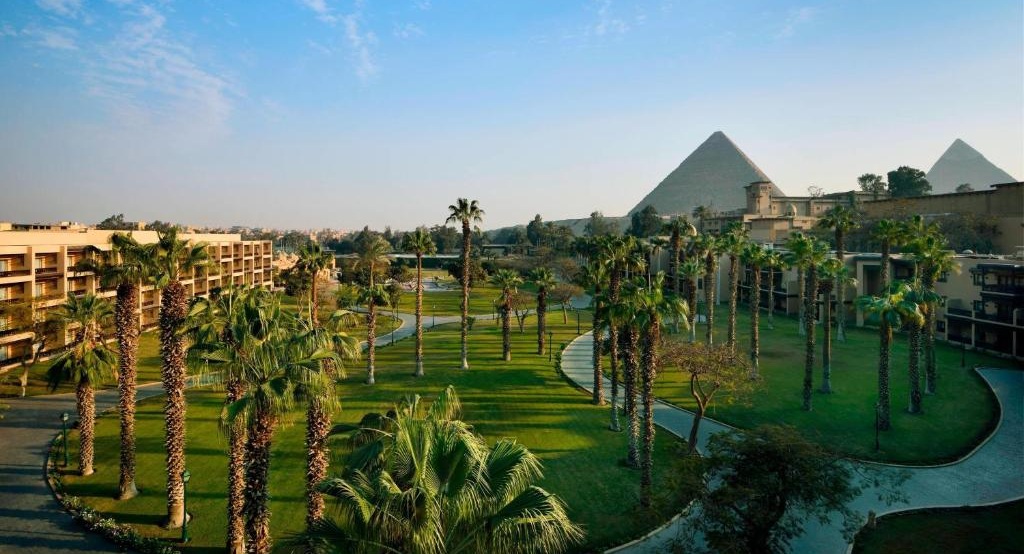Black Sand Reserves: Egypt’s Untapped Resource
Updated 3/26/2024 8:00:00 AM
Egypt's black sand reserves have emerged as a significant economic asset, holding immense potential for the country's economic development and industrial growth.
The mineral-rich black sands, containing heavy metals like ilmenite, zircon, magnetite, rutile, garnet, and monazite, present a lucrative opportunity for Egypt to tap into a wealth of resources that can drive various industries and attract substantial investments.
However, utilizing black sand has a number of challenges. Yet, if these challenges are addressed, it can promise an economic boom.
A Boom for Egypt's Economy
Egypt's black sand mineral reserves are estimated at 285 million tons. The country has 11 black sand deposits along the North Coast, with an estimated geological reserve of 1.3 billion cubic meters, according to an aerial survey by the Nuclear Materials Authority (NMA).
Roche Company estimated that the economic returns of only one of these 11 sites could yield more than EGP 255 million in annual revenue.
The inauguration of the Black Sand Plants Complex in Burullus City in 2022 marks a pivotal milestone in Egypt's industrial landscape.
This state-of-the-art facility is equipped with advanced mining technology to extract valuable minerals efficiently. The project is part of national initiatives aimed at maximizing the utilization of Egypt's natural resources and fostering economic growth.
The plant project alone provides over 5,000 direct and indirect job opportunities. The black sand project in Burullus, Kafr El-Sheikh, is expected to bring export revenues to $100 million and save around $50 million from imports, Director-General of the National Service Projects Organization (NSPO) Walid Abul-Magd revealed in October 2022.
Additionally, the project would “open the horizons for new investments that back the national economy and the comprehensive development process,” former Presidential Spokesman Bassam Rady said in a statement in 2022.
The complex includes six plants, and is a part of large-scale national projects aiming to optimize the use of Egypt's natural resources and attain the added value of minerals extracted from black sand.
Black sand extraction and utilization in Egypt can significantly reduce import dependency by providing a domestic source of essential minerals for various industries.
These extracted minerals are used in micro-industries, paving the way to support the national economy and foster overall development.
Powering Industries with Domestic Resources
Egypt’s black sand contains a range of essential minerals, including zircon, ilmenite, rutile, magnetite, and garnet. It even holds monazite, which includes radioactive elements.
These elements are used in several significant industries, such as steel, ceramics, paint coating, nuclear reactors, car motors, and pharmaceuticals.
This economic growth generated from utilizing domestic resources can further strengthen Egypt's industrial sector and reduce the need to import finished products that rely on these essential minerals.
Investing in separation and treatment operations for black sand contributes to improving the trade deficit, increasing exports, and localizing major industries, which results in increasing cash flow.
This will create new job opportunities and may completely or partially eliminate the need to import similar materials and minerals, according to an empirical study by NMA and Ain Shams University postgraduate Students entitled 'An Economic and Environmental Study of the Economic Value Added to the Separation, Processing, and Operation of Monazite from Egyptian Black Sand'.
Egypt’s black sand utilization can provide significant ores for exports. Nirmeen El Sayyad, UN Women Project Manager at the American University in Cairo (AUC) and an economic expert, tells Arab Finance: “The global demand is the main trigger behind grabbing attention towards investing in this sector.”
“Regulating an efficient international trade strategy will help better position the exports of black sand minerals,” El Sayyad says, noting that “facilitating exportation and logistics will definitely help position Egypt internationally to benefit the most from possessing comparative price advantages after the devaluation of the Egyptian pound.”
Financing the Black Sand Boom: Attracting Investments
The utilization of black sand is facing challenges due to costs, which makes it important to attract private-sector investments.
“The black sand-related investments and operations hold great economic potential for Egypt. This needs relatively huge investments to unveil the economic returns,” El Sayyad points out.
She adds that “the infrastructure, large-scale machinery (capital machinery) all require huge volumes of investments. With the prevailing high-interest rates, financing such projects will be extremely expensive.
“Therefore, provisioning feasible capital and investment funds is crucial to setting up investments in this domain,” she explains.
Hence, it is crucial to develop an investment strategy to attract private sector participation. El Sayyad explains that "investment strategies should provide a bundle of incentives to encourage the private sector to penetrate this market.”
“Most effective strategies would be imposing tax cuts or tax holidays for certain years as well as offering lower interest rates on loans needed to finance related projects. In addition to facilitating the import of essential machinery and capital,” she adds.
Egypt’s vast black sand reserves present a significant opportunity for economic diversification and industrial growth. However, unlocking the full potential of black sand requires navigating certain challenges.
By addressing these challenges and capitalizing on its black sand wealth, Egypt can unlock a new chapter of economic prosperity and solidify its position as a key player in the global mineral market.
By Sarah Samir
Related News









